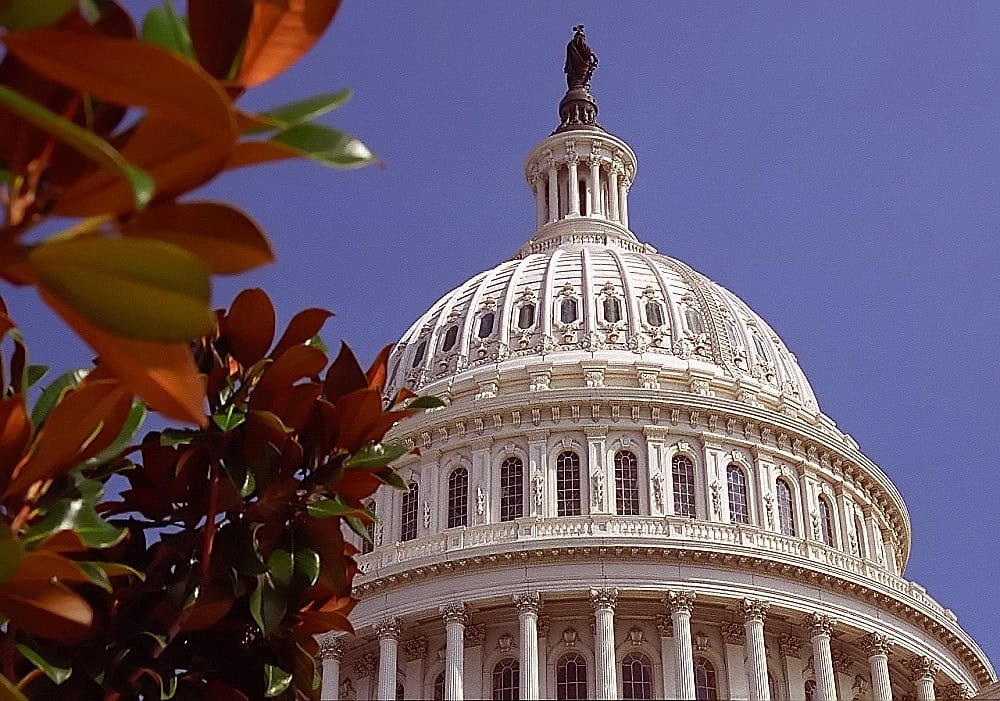Amicus Briefs
Haaland v. Brackeen
CASE SUMMARY
Under the Constitution, courts have a duty “to say what the law is.” NCLA believes that courts shirk that duty when they defer to a federal agency’s interpretation of the law—under a judge-made rule known as “Chevron deference.” In this case, a three-judge panel of the U.S. Court of Appeals for the Fifth Circuit determined that several provisions of the Indian Child Welfare Act (ICWA) were ambiguous and then deferred to a federal agency’s interpretation of those provisions. NCLA responded by filing a brief urging the Fifth Circuit to rehear the case en banc (that is, a rehearing before all judges sitting on the Fifth Circuit). In a victory for NCLA, the court agreed to do so. NCLA then filed a second brief, arguing that judges should stop deferring to others’ interpretation of the law and instead should rely on their own best judgment when construing federal statutes. The Fifth Circuit’s eventual ruling was a partial victory for NCLA. The court refused to defer to the Bureau of Indian Affairs’ (BIA) interpretation of one ICWA provision and struck down BIA’s interpretive regulation, but it applied Chevron deference to uphold a second BIA regulation.
In February 2022, the U.S. Supreme Court agreed to review the case to determine whether certain provisions of the ICWA are unconstitutional. But the Supreme Court did not address the Chevron deference issues ruled upon by the Fifth Circuit.
OUR TEAM
RELEVANT MATERIALS
NCLA FILINGS
Decision of the U.S. Supreme Court
June 15, 2023 | Read More
Brief Amicus Curiae of the New Civil Liberties Alliance in Support of Petitioner in No. 21-378
June 2, 2022 | Read More
Decision of the U.S. of Appeals for the Fifth Circuit
April 6, 2021 | Read More
Brief of Amicus Curiae New Civil Liberties Alliance in Support of the Plaintiffs-Appellees on Rehearing En Banc
January 7, 2020 | Read More
Brief of Amicus Curiae New Civil Liberties Alliance in Support of the Plaintiffs-Appellees’ Petition for Rehearing En Banc
October 10, 2019 | Read More
PRESS RELEASES
IN THE MEDIA
Nondelegation v. Equal Protection: How Emotional Resonance Guides the Court’s Attention
NCLA Blog
July 7, 2023
Fractured 5th Circ. Keeps And Strikes Portions Of ICWA
Law360
February 8, 2023

